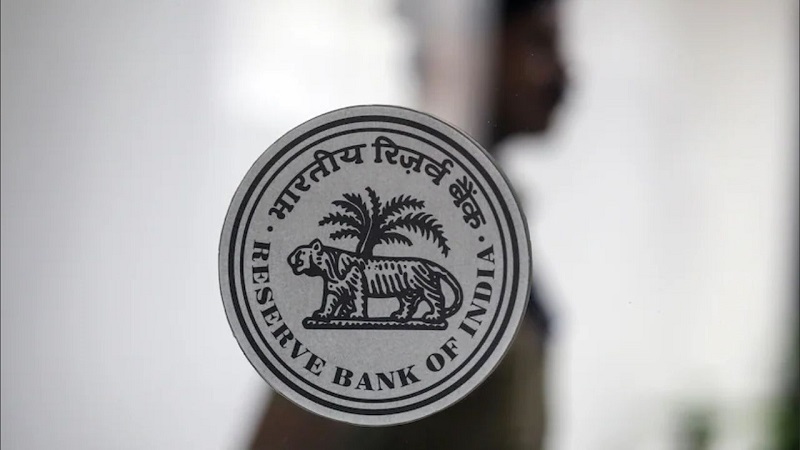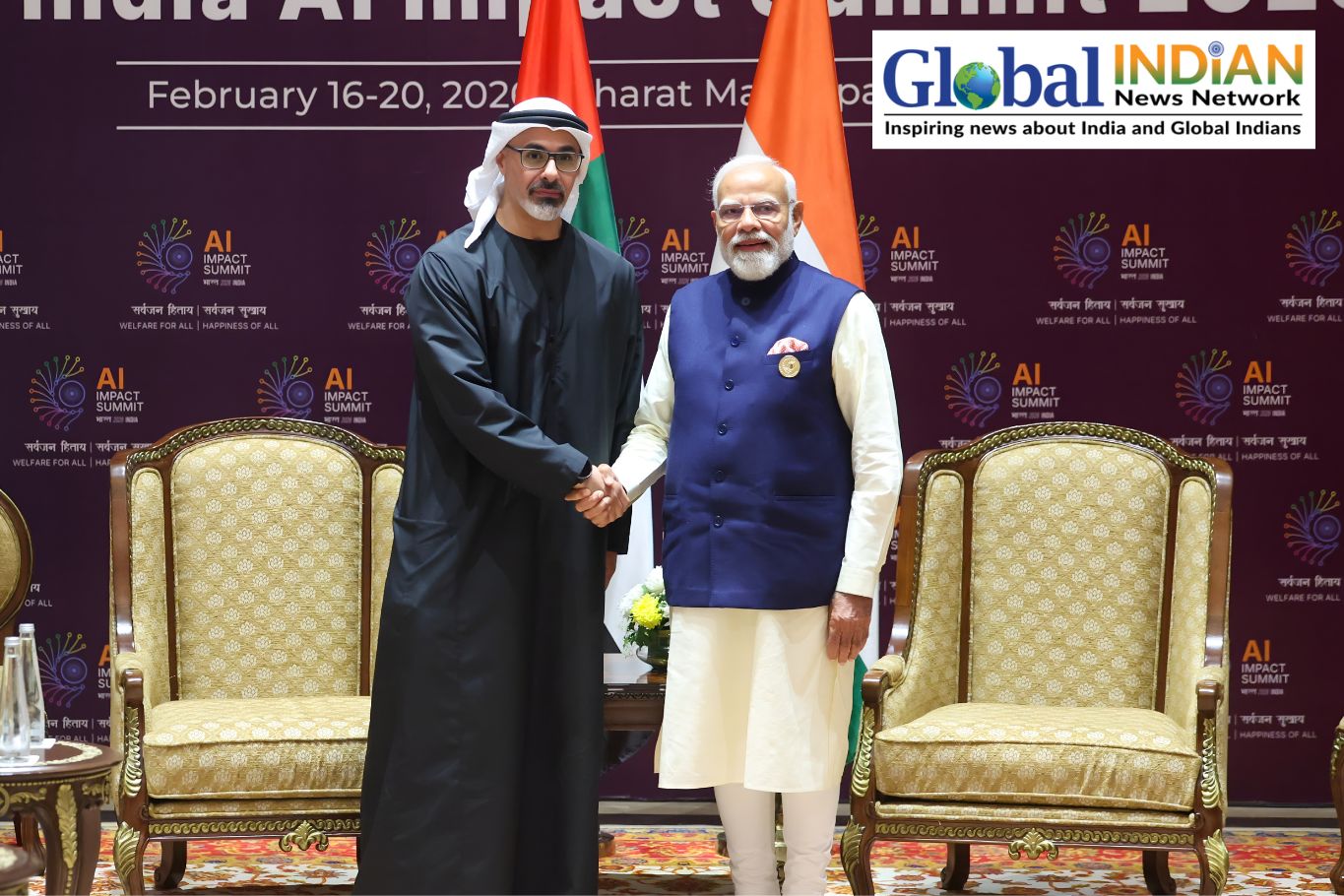
India’s central bank, the Reserve Bank of India (RBI), is anticipated to keep the repo rate steady at 6.5% during its upcoming meeting on Wednesday, marking the tenth consecutive session without a change. According to a Reuters poll, over 80% of the 76 economists surveyed forecast no adjustments to the rate, which has been maintained since February 2023.
While a small group of economists predicts a 25 basis-point cut, one even expects a reduction to 6.15%. Notably, Nomura economists suggest a 55% likelihood of a rate cut in October, though they caution that the decision may be close.
Market analysts believe that the recent 50-basis-point cut by the U.S. Federal Reserve may influence the RBI to consider cutting rates sooner than anticipated, with many now expecting a cut in December rather than early 2025 as previously thought.
Aditi Nayar, Chief Economist at ICRA, noted, “Considering the Q1 GDP growth falling short of the Monetary Policy Committee’s forecast and the anticipated significant drop in Q2 CPI inflation, a shift to a neutral stance could be warranted in the October 2024 policy review.”
India’s economic growth slowed to 6.7% in the April-June quarter compared to the previous year, attributed to decreased government spending during national elections. However, India remains the fastest-growing major economy globally.
Recent high-frequency indicators show a decline in manufacturing PMI, which fell to an eight-month low in September, while services PMI dropped to a ten-month low.
Annual retail inflation has stayed below the RBI’s target of 4% for two consecutive months, registering at 3.65% in August, slightly up from July’s revised 3.60% and above the forecast of 3.5%.
Despite a recent decline, a Reuters poll predicts inflation will rise again, averaging 4.5% for this fiscal year and 4.3% next year. Bank of America expects the RBI to have room to cut rates in the upcoming months due to slowing growth and decreasing inflation, projecting a total reduction of 100 basis points in the repo rate by December 2025, with the first cut likely occurring in December 2024.
Economists at Yes Bank remarked that the forthcoming policy meeting is expected to be intriguing, especially as markets will hear from new external members. They noted that discussions in India have shifted towards concerns about a potential slowdown and limited inflation risks.
The RBI revises its monetary policy committee every four years, which could impact voting patterns. Of the two outgoing panel members who voted to cut rates in recent meetings, economists suggest that at least one of the newly appointed members may dissent and advocate for a rate cut.









